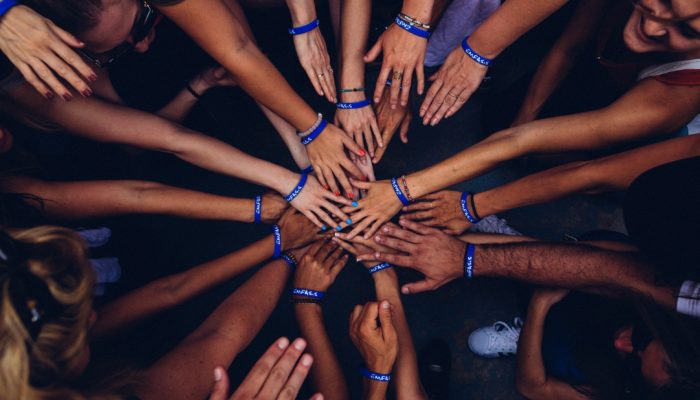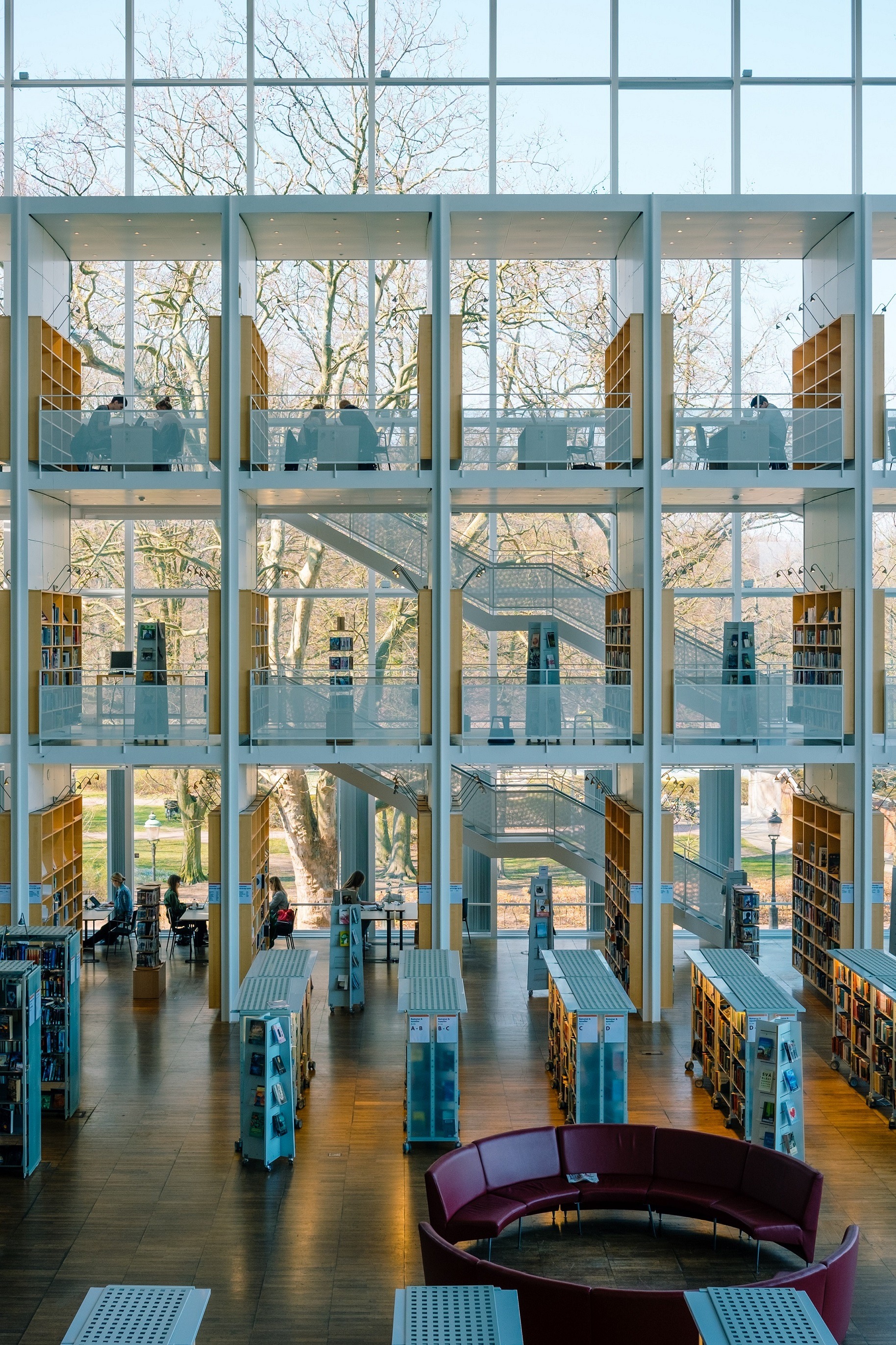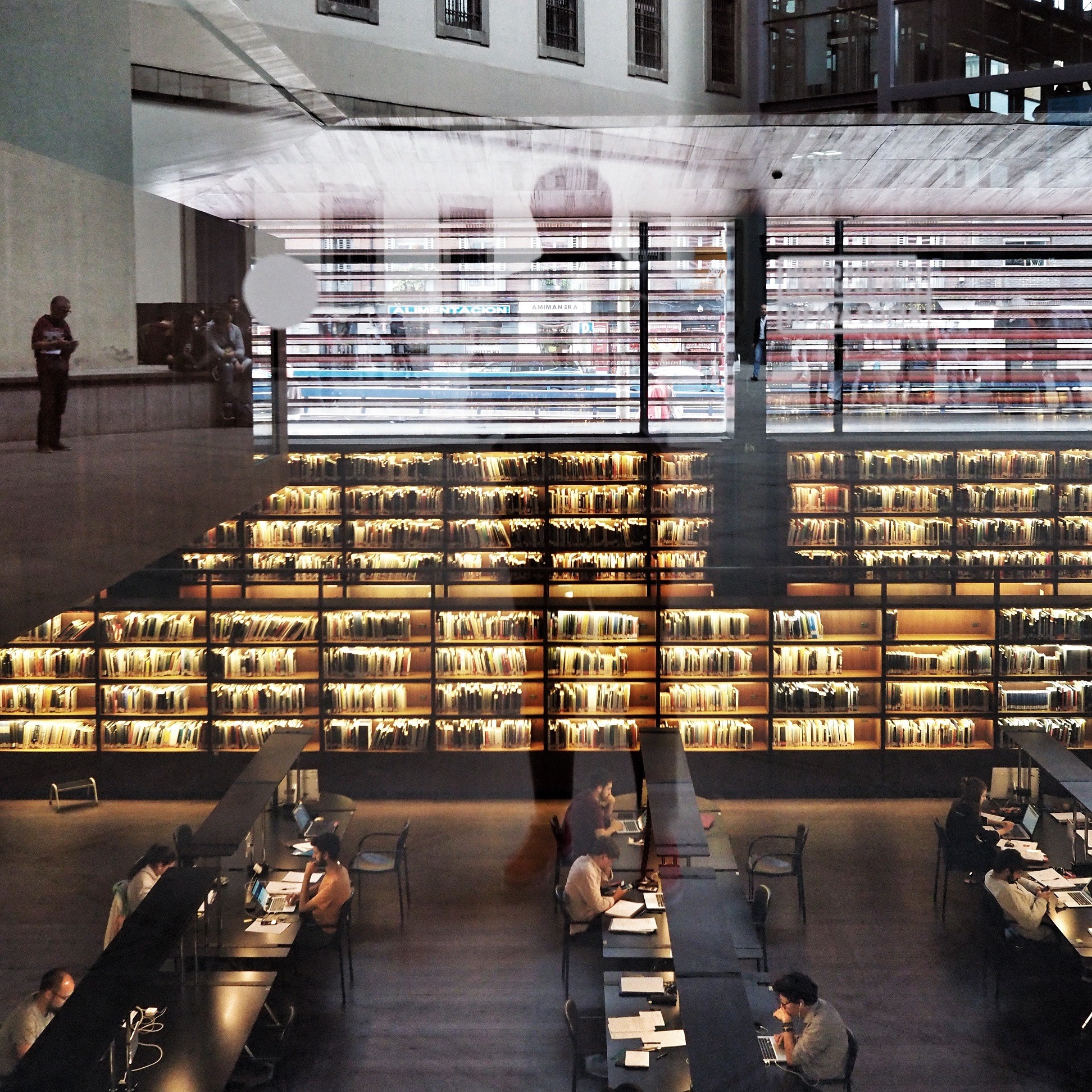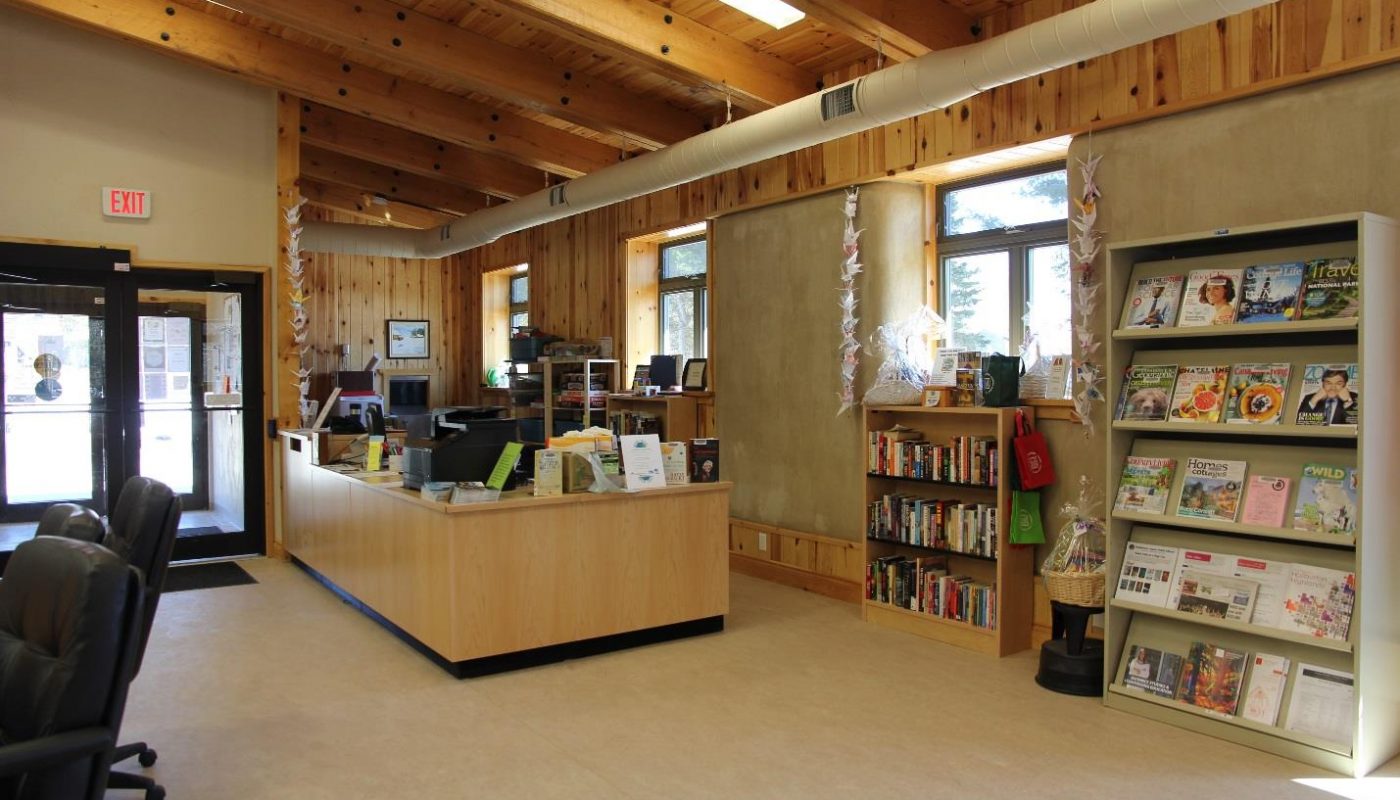Learn about the benefits of constructing a multi-year internship from a MLIS student's perspective.

Democracies need libraries
This article was originally published as “Democracies Need Libraries” in County Life, May 9, 2019. The article has been reviewed by Open Shelf‘s editorial staff.
In September a Washington Post article declared “Want to defend democracy? Start with your public library.” The American Library Association’s democracy statement reads, in part: “Democracies need libraries. An informed public constitutes the very foundation of a democracy; after all, democracies are about discourse—discourse among the people. … It must ensure that citizens have the resources to develop the information literacy skills necessary to participate in the democratic process.”
This might seem like some pretty big shoes to fill for a place where most people go to pick up a DVD for the weekend, or the latest James Patterson thriller. But there is truth to it. Throughout the world people are struggling with how to combat incivility in our democracy. By incivility, I don’t mean protest, or civil disobedience, or spicy disagreement – those all have a long and important history in democracy. I mean the unkind, unthinking badgering that’s fuelled by a lack of understanding and empathy.

We, the electorate, need to be well informed about what’s going on in our country, province, and municipalities, to have a democracy that works. In fact, this is protected in Canada by our Charter of Rights and Freedoms under Section 2: Freedom of Expression. Freedom of Expression recognizes that in order to express yourself, you need to be informed. For libraries this isn’t just about carrying information. Books on civics generally aren’t as popular as the latest Louise Penny mystery. It’s about fostering a desire for people to inform themselves.
Reading can change how our brains work. One way reading does this is by developing empathy. Empathy is the ability to understand (but not necessarily share) the feelings of others. A working democracy needs us to understand how a decision that’s made for everyone will affect each of us. Empathy is an important part of this. That novel that you can’t put down because you care about what happens to the characters in the story? That empathy may help you function better in a democratic society.
Libraries also increase our curiosity. Reading, educational and maker programs, or even just social interaction with others make us more curious about our world. Curiosity makes us want to dig deeper. It makes us say “I want to understand.” Even when we go online, understanding how Facebook and Twitter work is important for being responsible digital citizens. Understanding how Google feeds us results, or how YouTube suggests that next video, helps us to understand the information we’re consuming. When our desire to understand an issue ends at viewing an image emblazoned with an ironic statement, we’re falling short of being informed. Curiosity takes us beyond the memes, and helps us understand the problems so we can come up with solutions.

Libraries help us develop curiosity and empathy in a variety of ways – many of which, at first, look unrelated to the functioning of democracy. But what you get from your library has far reaching effects. Reading makes us want to read more, so we will be more likely to read that longer article on an important issue. Learning about things like making or technology builds our curiosity, so we will want to find that important piece of information we might be missing.
Even small library systems like Haliburton County Public Library represent the last of our democratic public spaces. They are spaces you can enter without the need for a transaction, and the services offered are there for everyone. Libraries are even more important in rural areas for attempting to level the playing field, by providing a gateway to resources that may only be readily available in more urban areas. Those of us who live in rural areas shouldn’t be disadvantaged by geography, we should have all the tools we need to function in the world where we live.
Libraries uphold our right to Freedom of Expression by providing information, and the tools to help us learn to think and develop informed opinions. As citizens, it’s our responsibility to be informed. In a democracy that’s our end of the bargain. Libraries play a fundamental role in giving us the tools to do this. This doesn’t mean that by coming to the library we’ll all magically agree on everything. Libraries can’t tell you what to think, but libraries can help us learn to think. By helping us learn to think, libraries help make us better informed citizens.

Erin Kernohan-Berning is the Deputy CEO of Haliburton County Public Library.
Feature photo by Perry Grone on Unsplash


